You’ll often see job listings for “full-stack developers” that also require DevOps skills, which can be confusing. To be a highly effective full-stack developer, you’ll need a blend of front-end, back-end and a solid understanding of cloud and automation technologies.
Key Skills for Full-Stack Developers
- Cloud computing
- Cloud-native applications
- HTML, CSS and JavaScript
- Node.js and React
- Containers, Kubernetes and OpenShift
- Python
- Django application development with SQL and databases
- Microservices, serverless, OpenShift
- A high-impact full stack portfolio
Here are the key skills to have to be a successful and competitive full-stack developer.
1. Cloud Computing
Cloud computing may seem complex, but at its core, it’s about running your applications on someone else’s infrastructure. Major providers like AWS, Microsoft Azure and Google Cloud offer similar foundational concepts such as regions, availability zones, virtual machines, and networking.
While the specific implementations vary, the underlying principles — like data centers, virtualization and resource management — are largely consistent across providers. AWS leads the market, followed by Azure and Google Cloud, though other options like DigitalOcean and IBM Cloud also exist.
So what do you actually need for the basics of cloud computing? Here’s a learning graph to get you started:
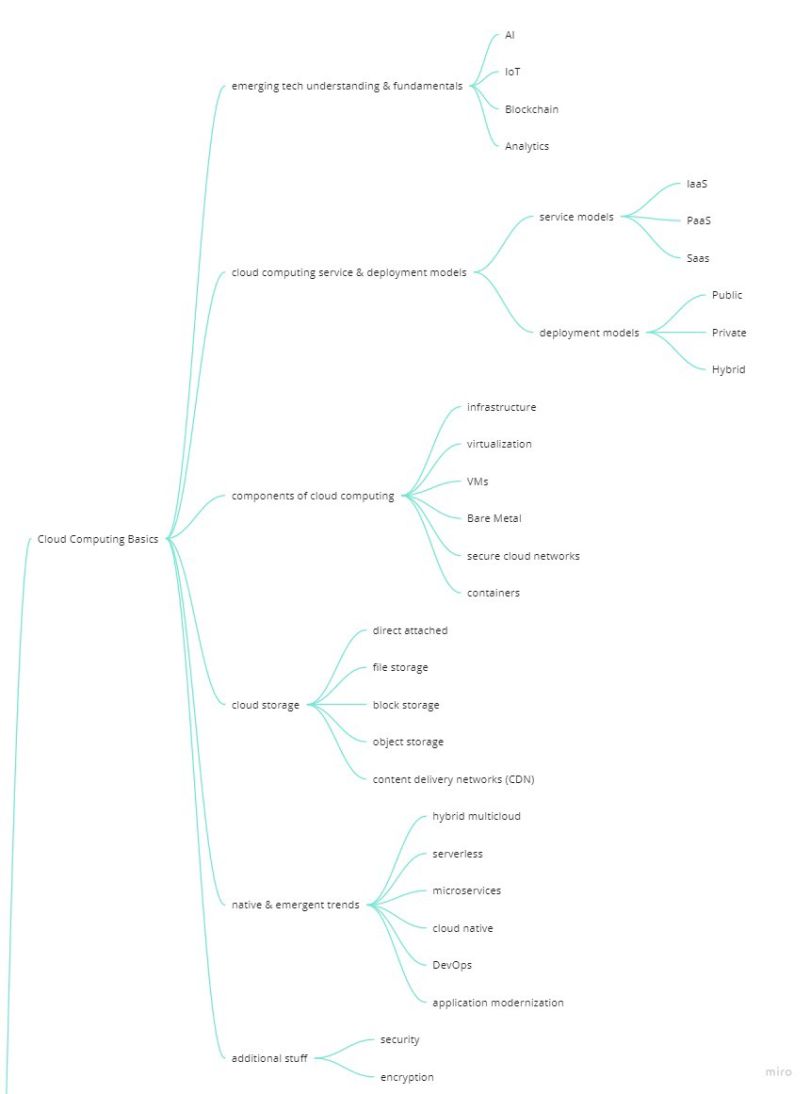
2. Cloud-Native Applications
Putting a simple app on AWS is one thing. Knowing how to use AWS inside-out is another.
(Pro-tip: it doesn’t have to be AWS — it can be any cloud provider like Google Cloud and Microsoft Azure. I just say AWS because it’s the biggest and most likely easiest to get a full-stack job if you’ve got AWS experience).
Here’s the overview guide:
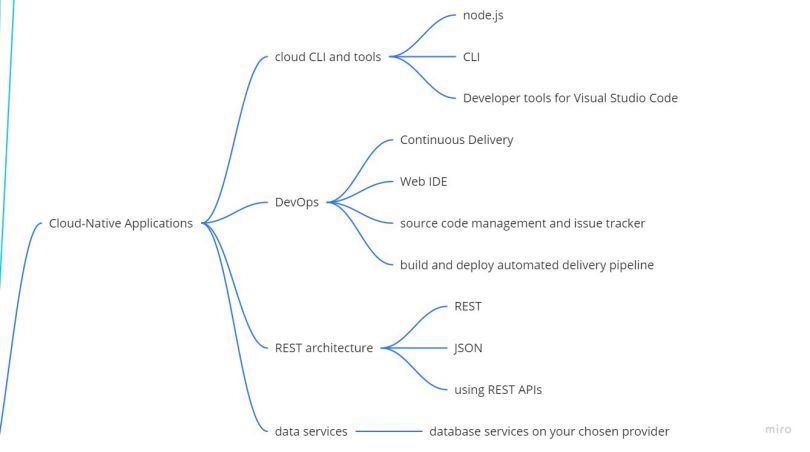
3. HTML, CSS and JavaScript
You’re going to need the basic trio: HTML, CSS, and JavaScript. If you want to be full-stack, there’s no way to avoid it. While you don’t have to be a genius at designing front ends to be a full-stack developer, you still need to be proficient enough in using HTML, CSS and JavaScript together to create interfaces.
Here’s an overview guide on what you actually need to know:
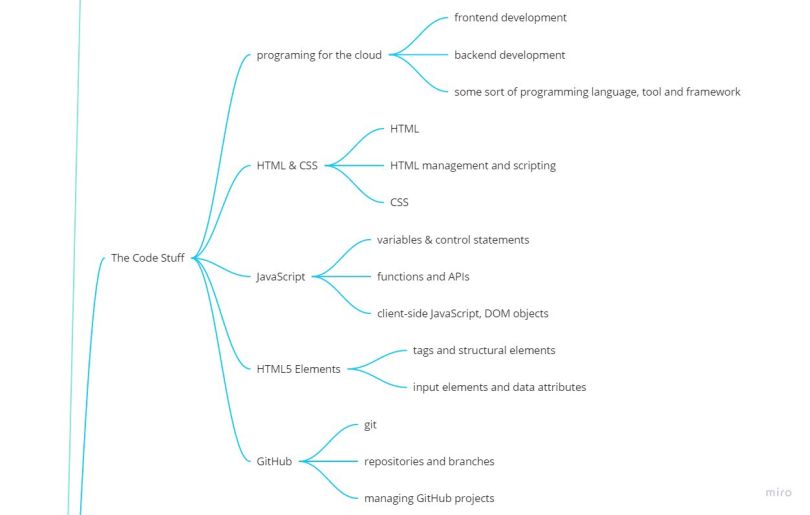
4. Node.js and React
Like HTML, CSS and JavaScript, you won’t be able to escape Node.js and React. It’s everywhere and on almost every job application requirement. But there’s more to it than just creating a simple CRUD app with the Node.js and React pairing.
Here’s a concise knowledge point guide on what you need to know:
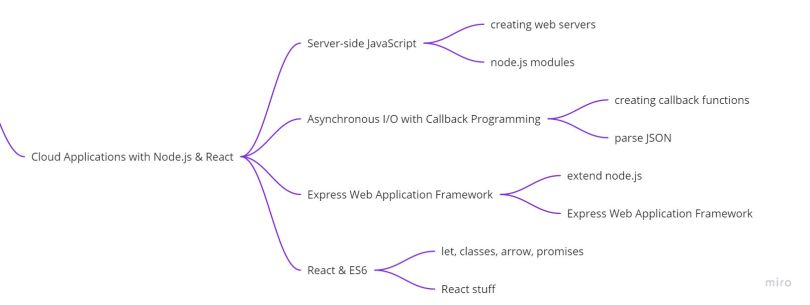
5. Containers, Kubernetes and OpenShift
To automate deployments, you’ll need to use containers (like Docker) along with orchestration tools (like Kubernetes). Manually uploading your application is a starting point, but mastering automation is a key skill for modern full-stack development.
The main things you need to know are basically Docker, Kubernetes and OpenShift. Why these three things? Because they are the most popular orchestration services/methods currently used throughout the industry.
Here are the containers, Kubernetes and OpenShift knowledge points you need to be an effective full-stack developer.
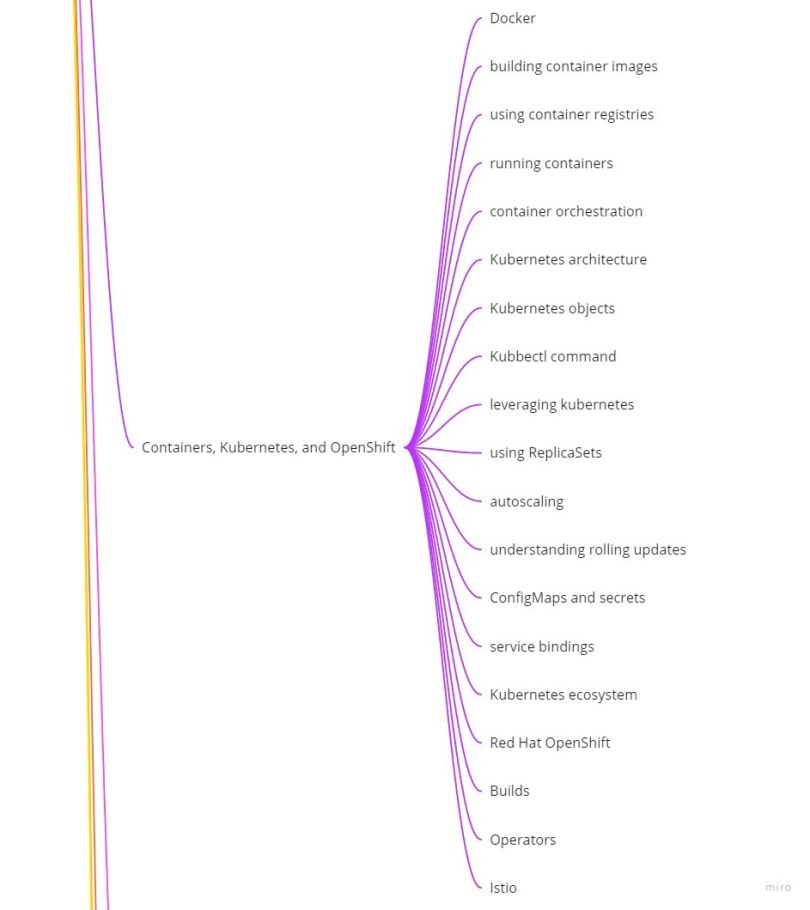
6. Python for Data Science
If you’re a full-stack developer with DevOps skills, you’re going to encounter Python in some form — if not in AI programming, then for data science purposes or microservice scripting.
You also need some sort of actual compiled language. Python is the easiest to pick up and use. In fact, Python is an interpreted language — which means it executes code line by line — but it also compiles source code into bytecode.
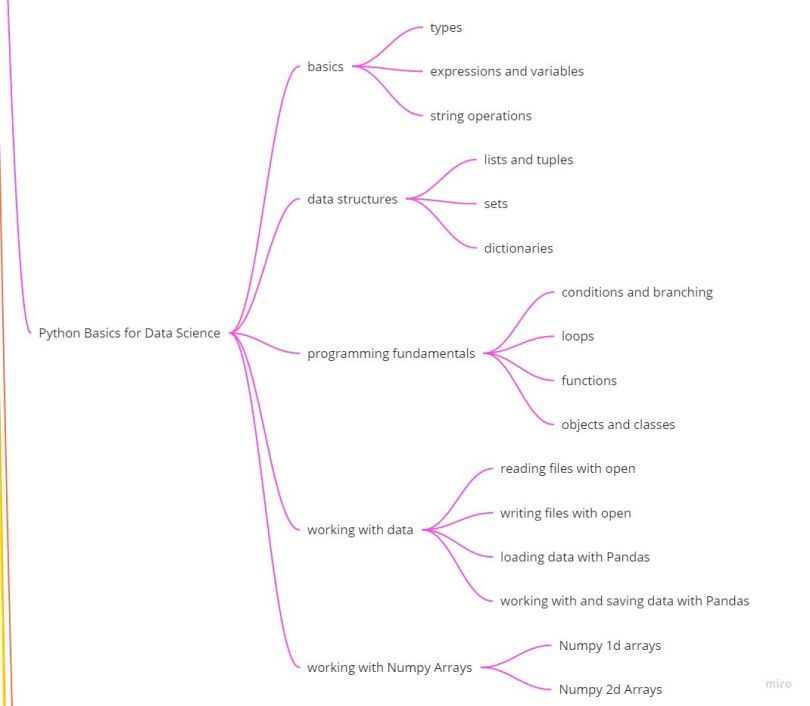
7. Django Application Development With SQL and Databases
Django is a popular web framework based on Python. While it’s not required for full-stack or DevOps roles — you could also use Java, C# or other backend languages — I’m using Django here to illustrate the importance of knowing at least one backend language and framework besides Node.js.
Node.js is great, but JavaScript is an interpreted language rather than a compiled one. Learning a compiled language (like Python, Java or C#) can give you a better understanding of how things work under the hood in backend development. If you’re only familiar with JavaScript and Node.js, picking up Django might be a bit of a learning curve — but it’s a worthwhile skill to have on your resume.
When learning about Django, it will also be helpful to learn about SQL and database fundamentals, as the web framework frequently interacts with these technologies.
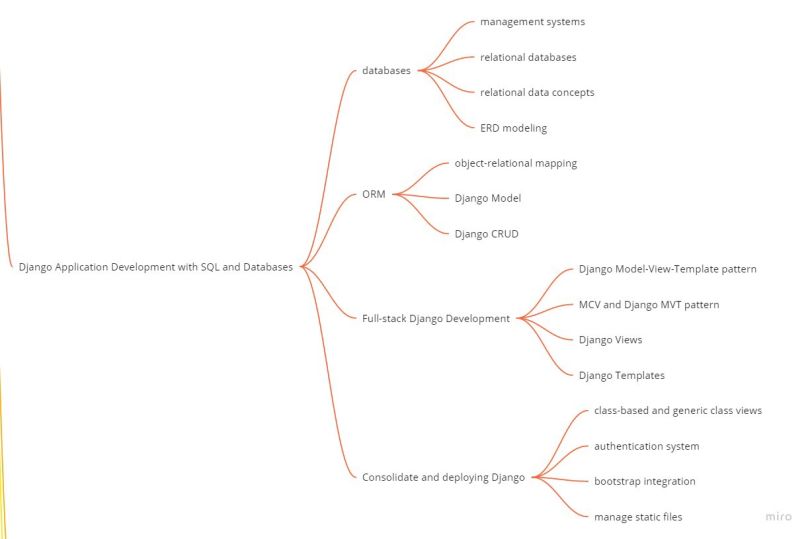
8. Microservices, Serverless, OpenShift
These are more than just buzzwords. When building apps, we usually learn how to build in monoliths. Microservices and serverless shift how things are structured for a cloud-based environment.
OpenShift is basically container orchestration — which you’re going to need be have familiarity with OpenShift if you want to automate the deployment of all the little itty bitty microservices you (or someone else on your team) creates.
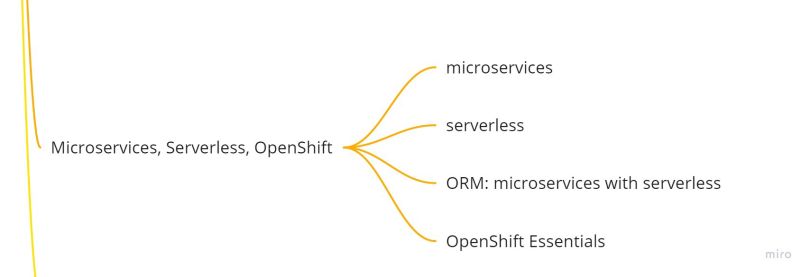
9. A High-Impact Full-Stack Portfolio
For a high-impact portfolio, focus on a single, comprehensive project that showcases all your skills. Instead of multiple simple “to-do list” apps, build one complex application with features like user authentication, database integration and a polished interface. This demonstrates your ability to manage a nuanced, end-to-end project.
The point is to create a halo effect around your application when pitched against other developers after the same job. Look at it this way: who would you hire? Person A who has 12 basic projects that anyone can do or Person B who has one project that shows depth and skill?
Personally, I’d go for Person B. Why? Because I have evidence Person B can actually do everything they say they can do. In contrast, Person A might have a bunch of acronyms and keywords on their resume but they’re not actually demonstrating they can manage complex, nuanced projects.
So go and make something epic — or if you’re going to make a to-do list, it better be a proper one with authentication, database connections and a killer interface.
This is only a guide. There are 101 different ways to market yourself as a full-stack developer. However, these skills will provide you with the depth and breadth needed to become highly successful in the role. Anyone can put an app on the cloud nowadays, so becoming proficient in these skills will help you stand out in the crowd of full-stack developers.
Frequently Asked Questions
What skills do I need to be a full-stack developer?
As a full-stack developer, you need a combination of front-end and back-end skills.
Essential skills a full-stack developer should have include:
- HTML
- CSS
- JavaScript
- Node.js
- React
- Proficiency in a back-end language like Python (with Django)
- Experience with SQL and databases
- Cloud computing skills with providers like AWS, Azure or Google Cloud are also critical
Why is cloud computing important for a full-stack developer?
Cloud computing is essential because it is where modern applications are hosted and run. You need to understand key cloud concepts like regions, availability zones, data centers and virtualization. Proficiency in at least one major cloud provider is necessary to build and deploy applications effectively.
Do I really need to learn Python and Django as a full-stack developer?
While you might be able to get by with just Node.js and JavaScript as a full-stack developer, it can be beneficial to also know a compiled language (such as Python) and another back-end framework (such as Django).





